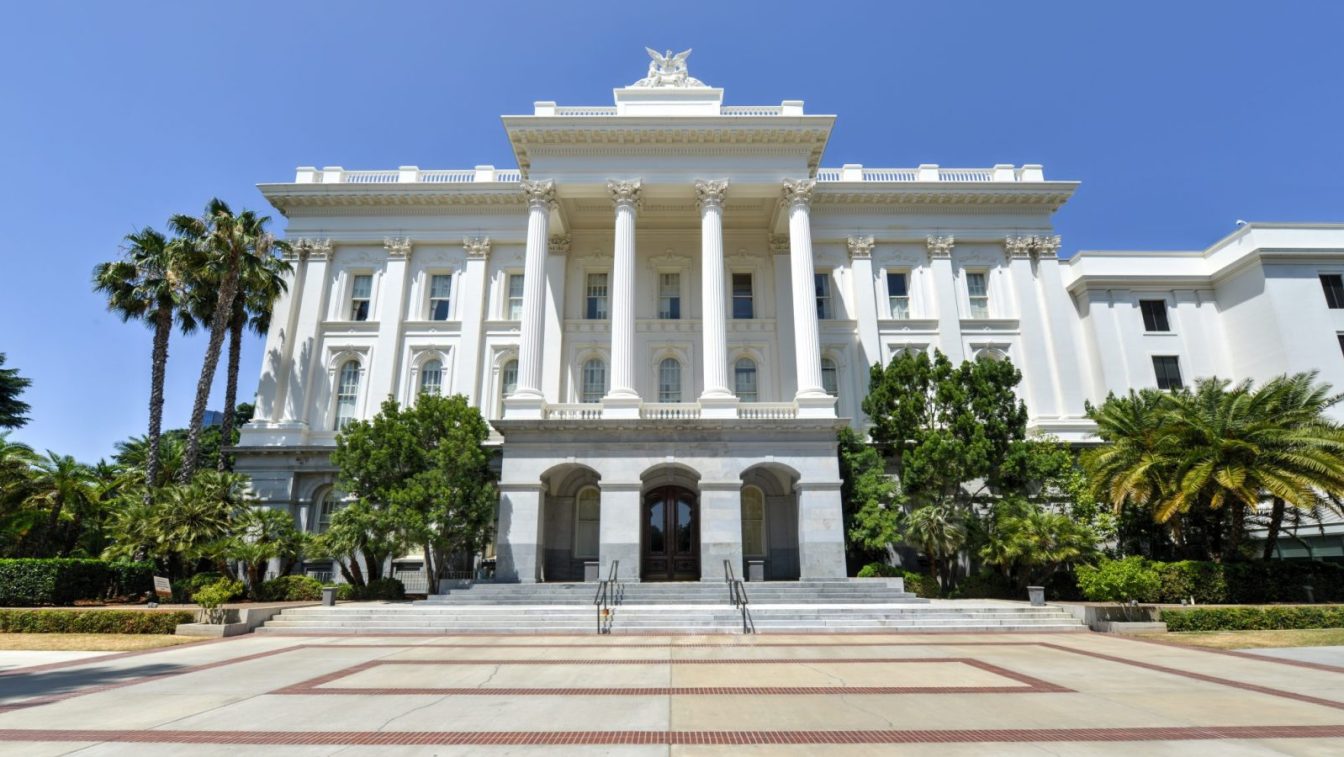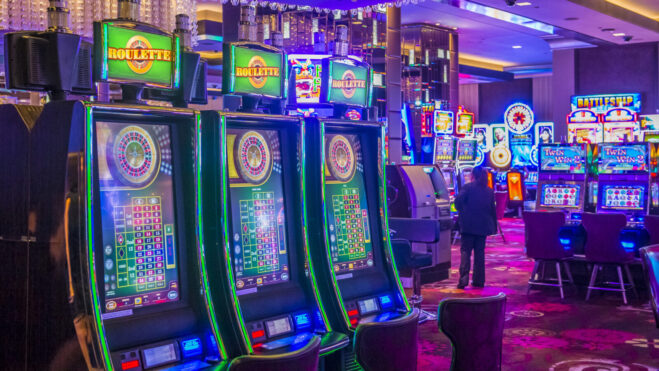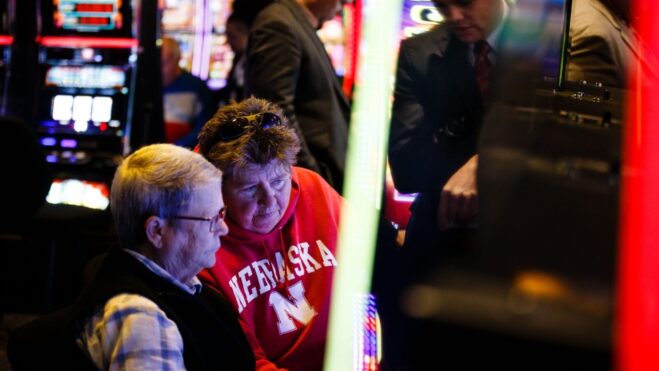NCLGS Commencement Panel Spans Online Growth, Tax Rates, Tribes, Cybersecurity
Tone set for legislators and regulators at industry conference in Louisville
4 min
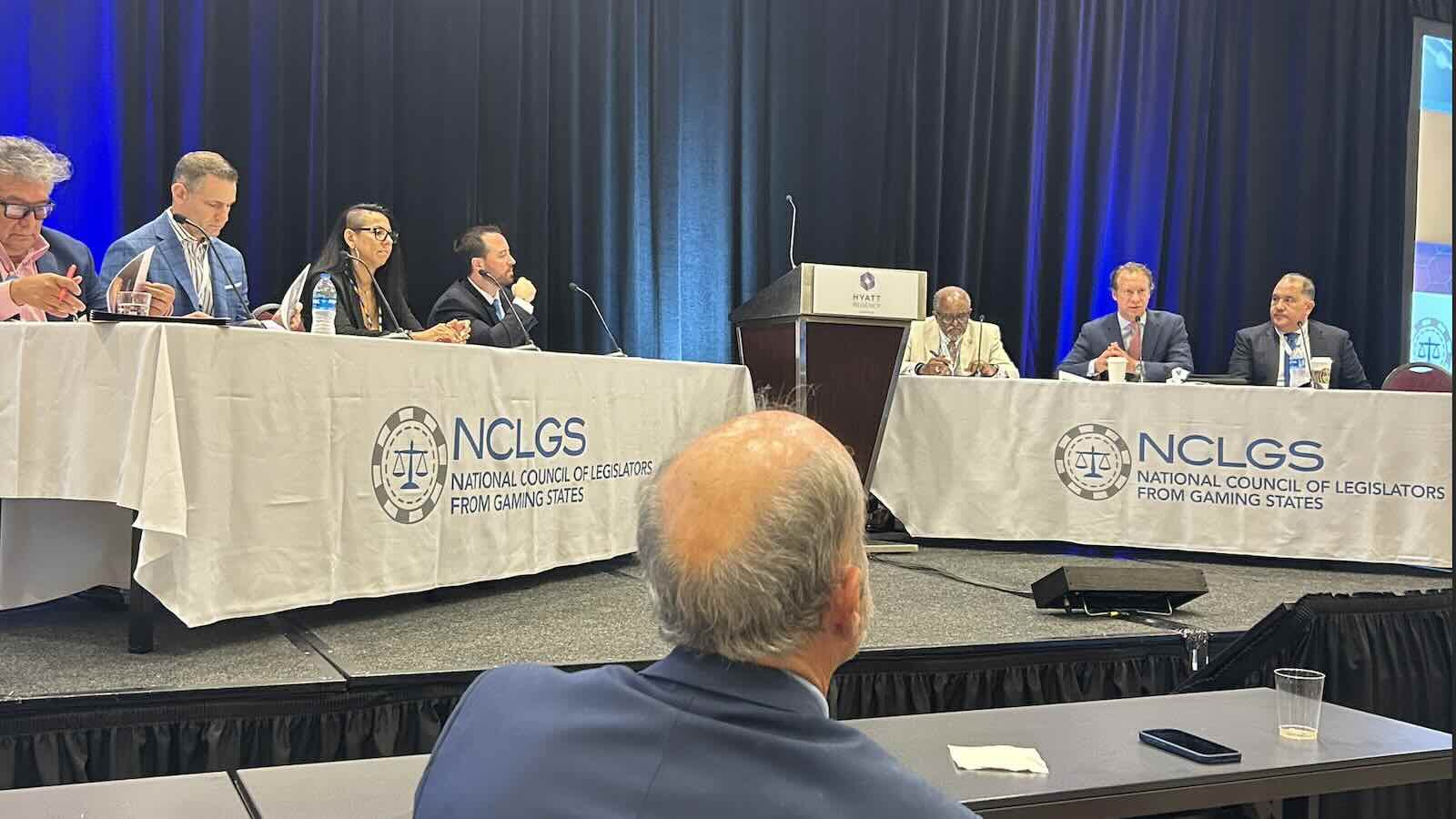
The topics covered by the five speakers on the commencement panel of the National Council of Legislators from Gaming States (NCLGS) Summer Meeting on Thursday morning in Louisville, Kentucky ran the gaming gamut from historical perspectives, to current tax rate talk, to cybersecurity.
While not a whipsaw pace as each speaker presented for roughly 10 to 15 minutes, each participant provided key status points for multiple gambling verticals and the industry overall to the roughly 180 legislators and regulators registered to attend.
The overall picture was one of optimism, with gaming revenue growth expected to continue. The challenge to expand online casino gaming beyond the current seven regulated states again took center stage as offshore markets and cannibalization concerns remained at the forefront.
Digital growth fueling overall revenue gains
Macquarie gaming analyst Chad Beynon Sr. was first to speak, providing multiple metrics on the financial status of gaming. He noted the $170 billion of activity in 2024 was up 3.3% from last year, with 56% of that amount originating from tribal casino gambling and commercial retail casino gambling.
Most of the growth, though, originated from online sports betting and online casino. The five-year compound annual growth rate for digital sports wagering was 96%, while online casino was 74%. That was a stark contrast to the 5% increase from tribal land-based casinos and 3% from land-based commercial ones. Beynon forecast the five-year CAGR at 7.3% and the seven-year outlook at 6.3%.
Beynon said sports betting has been “a major positive” because of the increased fan engagement. He cited the recent sales of the Los Angeles Lakers and Boston Celtics for a combined $17 billion coming in part due to fan engagement driving sports betting, saying, “whoever just received the check for $10 billion in Los Angeles should be thanking our industry here.”
When it came to iGaming, Beynon addressed cannibalization concerns directly, noting the short-term expansion could result in a potential 15% downturn in revenue. But he said the incremental growth in gross gaming revenue per capita has the potential to be 40% higher in states with regulated online casino by years three and four.
Sicuso spins on sports betting
Second to speak on the dais was Phil Sicuso, partner and gaming group chair for Bose McKinney & Evans. He provided an overview of sports betting history in the U.S., reaching as far back as the 1919 Black Sox scandal and Nevada being the first state to offer legal sports betting in 1949 for tourism purposes.
Much of Sicuso’s talk was on a top level, comparing the varying amount of mobile sportsbooks by states as well as the wide range of tax rates. He said “the equilibrium point” in most states is between 10 and 15 mobile books, pointing out Indiana has the capacity for 40 per state law but has only 12.
Sticking with his hometown state, Sicuso noted the Hoosier State generated $14 million more in sports betting tax revenue compared to Nevada on the strength of its 9.5% tax rate compared to the 6.75% rate Nevada has.
He did take time to address Illinois’ new per wager tax on operators, which continues to be the talk of the sports betting industry with three mobile books responding with counteracting surcharges on customers’ wagers. Sicuso referenced Beynon’s talking point that NBA Commissioner Adam Silver said the average NBA bet was $3.50 and felt the value of such wagers is “significantly diminished if I’m going to be paying 50 cents just to make that bet.”
Ifrah on iGaming
Jeff Ifrah of iDEA Growth addressed one of the gaming industry elephants in the room: Why hasn’t iGaming been legalized in more states, especially when it has shown to be more profitable for states and operators than sports betting?
He pointed out the current status of potential online casino gaming expansion in the U.S. is one showing a disconnect between consumer demand and state legislation. And bridging that disconnect, at least to Ifrah, is for legislators to “understand offshore gaming exists” and “consumers can find those products very easily.”
He continued: “When a state legislature decides not to vote in favor of backing me, they’re just basically telling a consumer, we’re not going to give you the product in a regulated format that protects you.”
Ifrah said short-term prospects for expansion are not all that great, projecting a maximum of three states to legalize by the end of 2027. He also cited cannibalization concerns among the headwinds but touted the upside of regulation and legalization, most notably the protections consumers would enjoy.
Ifrah also made an interesting distinction between the U.S. and the United Kingdom for online wagering. He feels the affordability checks the U.K. uses would likely not go over well stateside, but Ifrah said “the industry has been very good about self-regulating,” citing responsible gaming tools, deposit limits, and cool-down periods that are completely voluntary.
Coin brings a tribal perspective
The most riveting speaker of the quintet did not bring gaming figures, but rather a tale that helped lay the foundation of tribal gaming. Jacob Coin, the executive advisor for the San Manuel Band of Mission Indians Tribal Council, wove a seven-century narrative of how tribes were gradually shunted aside throughout time, noting the San Manuel Band went from having 7.4 million acres of land to a mere 640 — one square mile — as America expanded westward.
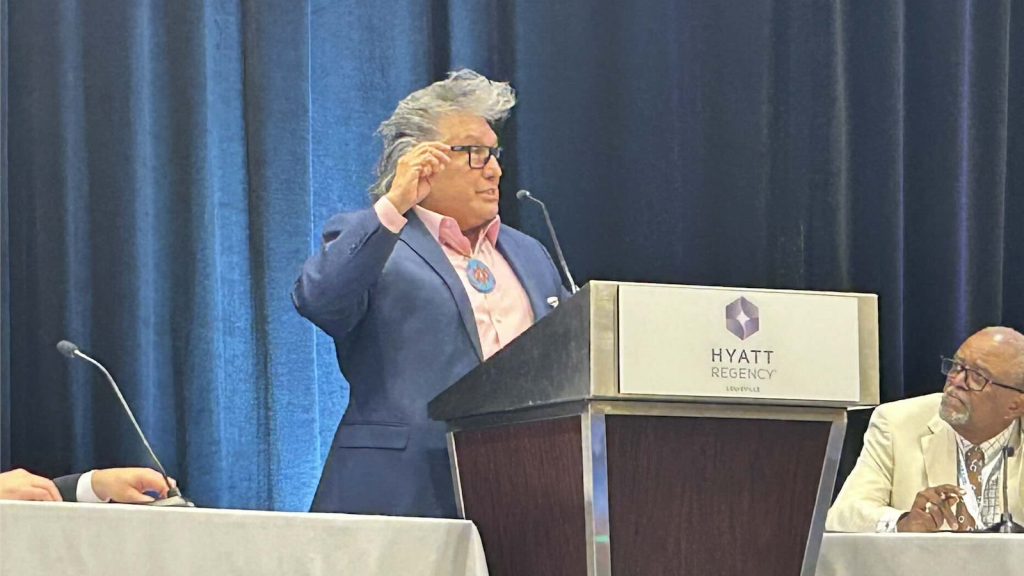
Coin, whose first address at NCLGS came in 1995 when it was founded, said it was former President Richard Nixon who wound up being the most influential commander-in-chief for tribes with the renouncement of the termination policy in favor of self-determination in 1970. Coin said that self-determination fueled the impetus for gaming, including California bingo halls run by the Cabazon Band of Mission Indians and then by the Seminole Tribe launching gaming in 1979.
That self-determination was backed in 1987 by the U.S. Supreme Court, which said tribes had a “governmental right to offer gaming on their lands without states or local governments interfering in that right.” Coin said that landmark decision gave rise to the Indian Gaming Regulatory Act (IGRA) the following year.
It also meant tribes had to give themselves an active interest in who their legislators were since IGRA authorized gaming as a compact between tribes and state governments. Coin reminded the audience that tribal gaming is not based on market interests, but rather, “we have revenue-generating interests.”
Garcia closes with evolving cybersecurity
Jamie Garcia, a regional sales director for Continental 8 technologies, noted how breaches in cybersecurity continue to make news because “they’re not just stories. They’re warning signs. They educate us and show us what happens when we fall behind. What we are discussing today will be outdated tomorrow.”
Garcia cited statistics showing the rise in a variety of cyber crimes, including ransom market attacks, credential stuffing, and data leaks on the dark web. She said current measures are no longer enough for “protecting the enterprise” for operators, that frameworks to “ensure consumer data is encrypted, anonymized, and responsibly handled” are needed.
Garcia stressed a need for multi-factor authentication (MFA) and cited Pennsylvania as a state moving ahead of the curve after passing regulations that include conducting MFA checks every 14 days for devices by Jan. 1, 2027. She told legislators they need to embrace clarity and transparency, especially when defining cybersecurity terms in legislation.
Lastly, and arguably most importantly, lawmakers and regulators should embrace change, she said.
“Cybersecurity just isn’t an IT issue. It’s a legislative imperative,” Garcia said. “The future of gaming depends on how well you protect the system and the people, your constituents, who use them.”


